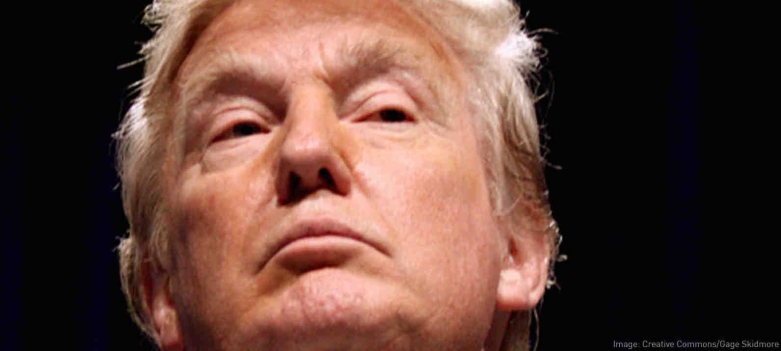Trump Has the Keys to the Surveillance State, but CA has a Long History of Changing the Locks
Page Media

When Donald Trump takes the oath of office tomorrow, he will inherit an unprecedented surveillance state that includes expansive powers and databases filled with information on millions of people. He has suggested this system could be turned on Muslim Americans and that NSA reforms triggered by Edward Snowden’s disclosures should be rolled back. While government spying is not new, the potential for abuse is greater than ever before.
Yet here in California, we have the tools to fight back. California’s robust constitutional rights and state laws can serve as a shield to protect the civil liberties and civil rights of all residents. If history is any predictor of the future, California will play an important role in protecting privacy and free speech and combatting government surveillance in the years to come.
Since its founding, California has been a leader in protecting privacy and free speech. And our policies have changed to address every major advancement in technology. In 1849, the delegates tasked with drafting the California Constitution adopted a provision ensuring that “every citizen may freely speak, write, and publish his sentiments on all subjects.” California was ahead of its time - when those delegates drafted and adopted California’s free speech provision, the U.S. Supreme Court had not yet interpreted the federal First Amendment as applying to the states. In 1862, California took another leading step to protect civil liberties, when it became the first state to prohibit the government from tapping telegraph lines.
A century later, the modern threat posed by then-nascent digital technology motivated Californians to amend the state constitution and provide for an explicit right to privacy. It was 1972 and California residents were troubled by the “dossiers of American Citizens” compiled by new computers and now collected in databases – and increasingly vulnerable to government spying and corporate privacy invasions. California’s constitutional right to privacy ensures every Californian has an “inalienable right” to pursue and obtain privacy. This explicit right to privacy is more robust than the Fourth Amendment, as it protects against privacy intrusions by the government and by private parties.
California has continued to lead in the 21st century with laws that safeguard constitutional rights to privacy in the digital age. In October 2015, the legislature passed and Governor Jerry Brown signed The California Electronic Communications Privacy Act (CalECPA), which went into effect in January 2016. CalECPA, considered the nation’s best digital privacy law, requires the government to obtain a warrant to search electronic devices or compel access to any electronic information from a provider like Facebook or Google. Prior to CalECPA’s passage, warrantless government demands for information were skyrocketing—companies like Google reported a 180% increase in demands from law enforcement in just a five-year period.
California’s robust privacy protections have a particularly important role to play at the local level, where there is often the most interaction with the government. In the last fifteen years, more than a billion dollars a year has been sent down from the federal government to local police and sheriffs across the country to buy and build sophisticated surveillance technologies and use them, most often in secret and without adequate oversight to protect civil rights and civil liberties. But Californians are leading the charge against secret and discriminatory surveillance.
In Oakland, community members dismantled a plan for a spy center, and the city’s new Privacy Commission (the first in the nation) recently unanimously approved a local ordinance that would require transparency, accountability, and oversight for all surveillance technology decisions. It will be up for a vote at the City Council soon. Santa Clara County was the first county in the country to have a public debate about invasive cell-trackers, stopped its Sheriff from purchasing this surveillance device, and passed the first county surveillance technology ordinance in the nation. Palo Alto, Bay Area Rapid Transit (BART), Berkeley, and several other California cities are also moving forward with ordinances of their own. And the ACLU of California this year exposed and shut down secret social media surveillance systems being used by law enforcement across the country.
We don’t yet know how the incoming presidential administration will try to use or abuse surveillance powers. But one thing is certain: as Californians, we have an arsenal of civil liberties protections, and we intend to use them.
